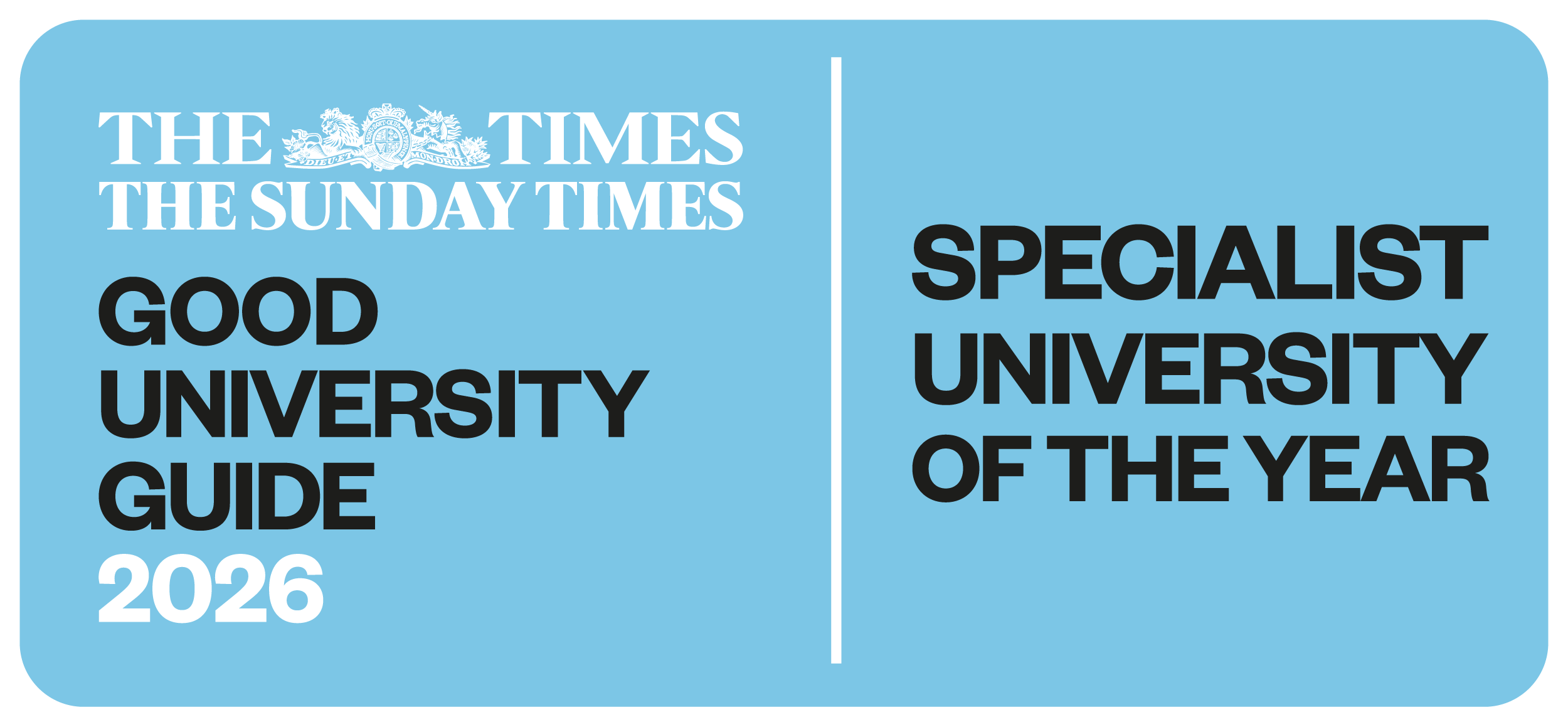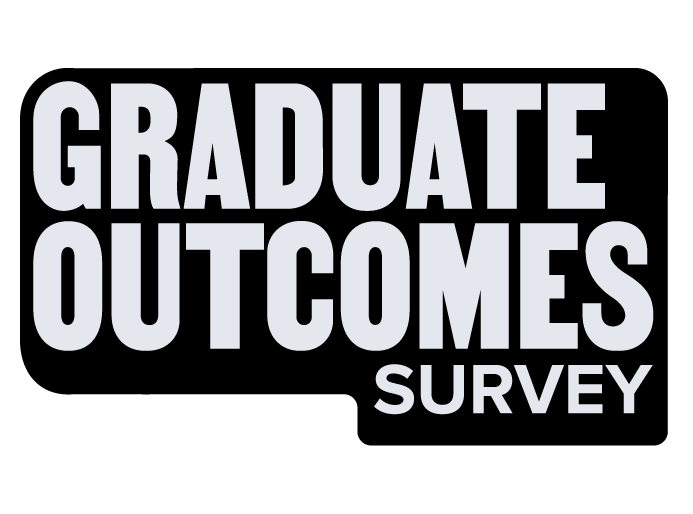Gain first-hand experience of fieldwork and research through trips and interactions with industry professionals. Whether you want to become a welfare officer, trainer or researcher, you’ll be prepared for a range of careers in the animal sector.
If you’re considering going into international conservation, an optional field trip to Mankwe Wildlife Reserve, South Africa, allows you to experience wildlife and conservation in action, for a valuable insight into this rewarding career.
Benefit from a 360-hectare campus that’s home to a diverse range of animals. Our 70-species Animal Collection provides opportunities to assess the behaviour and welfare of domestic and non-domestic animals in different contexts. You’ll also have access to our commercial farm and equine yard.
Your support network
You'll benefit from a strong support network from day one to be the best you can be. This will range from your personal tutor and specialist academic support team (our Achievement and Success Centre) to dedicated wellbeing and employability (Employability, Skills and Careers) centres.
Academic support
You’ll have your own personal tutor while you’re here who will support you to succeed in your studies. You’ll also have access to our academic and wellbeing support teams who run regular workshops and one-to-one sessions on campus and online.
Alongside this, we have a comprehensive bank of online study skills resources to help you make the most of your qualification.
Your learning experiences
You'll experience a range of teaching methods to strengthen your digestion of topics, including lectures, workshops and practical sessions, as well as supported work placement learning as part of many courses.
Your career
Each year of your course will be made up of two semesters, within which you’ll study compulsory and optional modules on different industry-focused topics, enabling you to develop your own unique portfolio of knowledge, skills and experience, ready for your career. The course is taught in English.
















